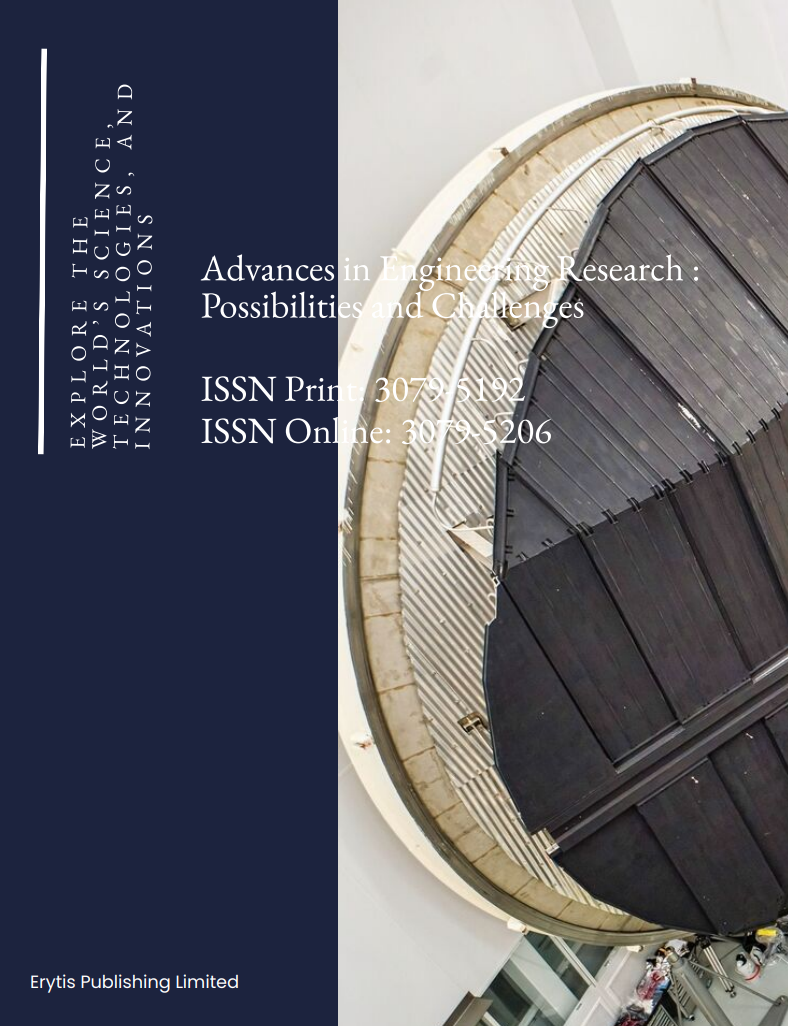Satisfaction Analysis and Optimization of the Management of the Forbidden City in Beijing Based on Online Reviews
DOI:
https://doi.org/10.63313/AERpc.9002Keywords:
The Forbidden City, Scenic Area Management, Online Reviews, Satisfaction Analysis, Optimization ResearchAbstract
With the rapid development of the Internet and social media, public opinions and evaluations have been widely spread in cyberspace. As an important form of user feedback, online comments play a vital role in improving services and products. This study aims to evaluate tourists' satisfaction with the management of the Beijing Palace Museum scenic area by analyzing online comment data and to propose management optimization suggestions based on these findings. A large number of user comments from multiple online travel platforms and social media were collected through web crawler technology, and data were processed using text mining and sentiment analysis methods to identify key factors of tourist satisfaction. Research has found that tourists show varying degrees of satisfaction and dissatisfaction with the cultural heritage protection, tourism environment, service facilities, navigation system, and shopping and dining ex-perience of the Forbidden City. Based on these findings, this study proposes a series of optimization measures, including improving the tourist diversion mechanism, strengthening service personnel training, enhancing the moderni-zation level of facilities, enriching digital navigation content, and optimizing tourist experience design. In addition, the study also emphasizes the application prospects of big data and artificial intelligence technology in scenic area man-agement, in order to provide reference and inspiration for the management of the Forbidden City and other historical and cultural scenic areas. The conclu-sions of this study contribute to promoting the sustainable development of the Forbidden City scenic area, improving tourist satisfaction, and enhancing its international competitiveness
References
[1] Gao, J., Rungsuk, A., Srichum, S., & Amarinrat, T. (2024). Influence of Self-media Propagation Power on the Transmission Effect of Chinese Traditional Clothing Culture. The Journal of Pa-cific Institute of Management Science (Humanities and Social Science), 10(2), 72-84.
[2] He, X., & Luo, J. M. (2020). Relationship among travel motivation, satisfaction and revisit in-tention of skiers: A case study on the tourists of Urumqi Silk Road Ski Resort. Administrative Sciences, 10(3), 56.
[3] Hu, J., Lei, M., & Dong, J. (2024). Analysis and Research of Tourist Appeal Based on Online Re-view Visualization.
[4] Kim, B. (2015). What facilitates a festival tourist? Investigating tourists’ experiences at a local community festival. Asia Pacific Journal of Tourism Research, 20(9), 1005-1020.
[5] Liu, L., Zhou, Y., & Sun, X. (2023). The impact of the wellness tourism experience on tourist well-being: The mediating role of tourist satisfaction. Sustainability, 15(3), 1872.
[6] Liu, Y., Ning, S., Oyama, I., & Li, L. (2017). Study informing policy on Chinese ancient town tourism based on a tourist satisfaction survey: A case study in the city of Chengdu. Sustaina-bility, 9(7), 1087.
[7] Tang, S. L., Ayob, N., Puah, C. H., & Kim, Y. (2024). Web Text Analysis of Image Perception of Tourist Destinations. International Journal of Academic Research in Economics and Manage-ment Sciences, 13(1).
[8] Walsh, J., & Tachavimol, P. (2007). Chinese tourism in Thailand: Experiences and satisfaction. ASEAN Journal on Hospitality and Tourism, 6(2), 105-13.
[9] Xu, C., Meng, Y., Wang, J., Zhou, X., & Peng, D. (2024). Exploring the decision model for tour-ism symbiosis of ancient villages and towns based on tourist reviews: A case study of Huaihua City in China. International Journal of Tourism Research, 26(4), e2679.
[10] Xu, Y., Zhang, H., Lu, L., & Zha, X. (2020). Cultural tourists’ satisfaction from a leisure expe-rience perspective: An empirical study in China. Journal of China Tourism Research, 16(3), 368-390.
[11] Zhou, K., & Yao, Z. (2023). Analysis of customer satisfaction in tourism services based on the Kano model. Systems, 11(7), 345.
[12]Xiaoyan Liu,Qianqian Gu. Research of Tourism Destination Image Based on Web Text: a Case Study of Yellow Crane Tower[C]//Proceedings of 4th International Conference on Econo-my,Judicature,Administration and Humanitarian Projects(JAHP 2019)(Advances in Econom-ics, Business and Management Research , VOL.94), 2019:11-5.
[13]Wen Chen et al. Research on Sentiment Classification of Online Travel Review
Text[J]. Applied Sciences, 2020, 10(15):5275.
[14]Chao Dingding;Kanno Taro;Furuta Kazuo.Experimental study on tourist satisfaction using participatory simulation in a virtual environment.[J].SpringerPlus,2013.
[15]Rodríguez Campo Lorena;Alén González Elisa;Antonio Fraiz Brea José;Louredo Lorenzo Montserrat.A holistic understanding of the emotional experience of festival at-tendees[J].Leisure Sciences,2019.
[16]Hillary Clarke and Ahmed Hassanien. An Evaluation of Toronto's Destination Image Through Tourist Generated Content on Twitter[J]. International Journal of Customer Rela-tionship Marketing and Management (IJCRMM), 2020, 11(2) : 1-16.
[17]Kurt Matzler.Customer Satisfaction with Alpine Ski Areas: The Moderating Effects of Per-sonal, Situational, and Product Factors[J].Journal of Travel Research,2008.
Downloads
Published
Issue
Section
License
Copyright (c) 2025 by author(s) and Erytis Publishing Limited.

This work is licensed under a Creative Commons Attribution 4.0 International License.















